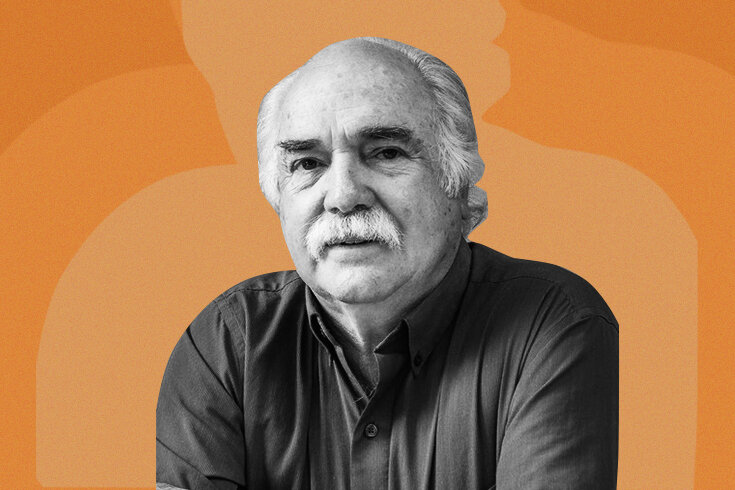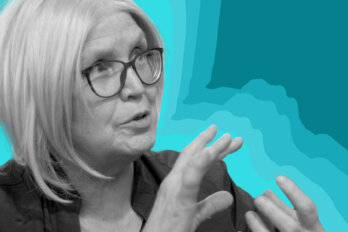Nuestras vidas son los rios
que van a dar en la mar,
que es el morir
—Jorge Manrique
My father had insisted
he did not want an American funeral,
by which he meant the cheerfulness
and the laughing at anecdotes
the living here tell about the dead.
No. He wanted throats constricted,
speech impeded, eyes rimmed red,
the room brimming with tears.
So I was unsure exactly
whose funeral I was attending,
but in the dream it fell to me
to place the LP of Piaf (or Brel?)
on a turntable beneath the bier
that held his plain pine coffin.
People milled about the church,
waiting for the service to begin.
Then David, a friend, himself dead,
had an urgent matter to discuss:
some properties he owned in Arizona
needed inspection and he wondered
would I be up for the ride west.
Whether this was the same current,
a tributary, or an entirely new dream
didn’t matter, for it carried me
out of sleep. My father’s funeral?
He was cremated. A mass held
at the Newman Center in Berkeley,
a reception at the Faculty Club.
A slide presentation brought him
from the time he was a baby,
helpless in his mother’s arms,
to his last days: a geographer
who had lost his bearings.
Grief was held in check
but haunted my mother’s eyes.
A month later, my brother and his wife
took the ashes to the Amazon,
poured them into a small clay pot
bought in the market at Manaus,
and went upriver to the Paraná,
near to where my father spent
a lifetime on research. Leo poured
the ashes into the river, sent us all
a note: Husband, father, grandfather,
great-grandfather no longer studies
the Amazon. He is the Amazon.
He told me that as the ashes
mixed slowly with the river,
a storm of bright, noisy perroquets
flew to a nearby branch.
I wasn’t there but like to think
the bird racket rose as disobedience
and hope it followed my father
as he swirled all the way downriver
to the mouth of the Amazon
and into the ocean beyond.





